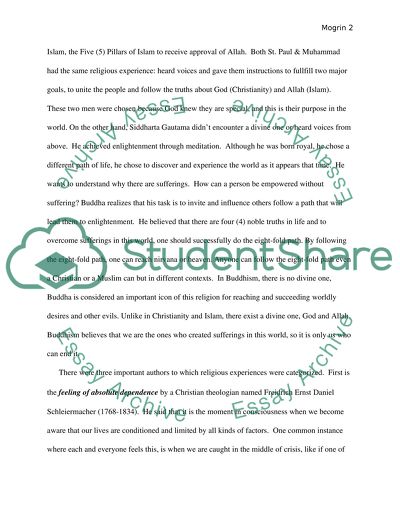Cite this document
(“Final Religion Book Report/Review Example | Topics and Well Written Essays - 1000 words”, n.d.)
Retrieved from https://studentshare.org/family-consumer-science/1417828-final-religion
Retrieved from https://studentshare.org/family-consumer-science/1417828-final-religion
(Final Religion Book Report/Review Example | Topics and Well Written Essays - 1000 Words)
https://studentshare.org/family-consumer-science/1417828-final-religion.
https://studentshare.org/family-consumer-science/1417828-final-religion.
“Final Religion Book Report/Review Example | Topics and Well Written Essays - 1000 Words”, n.d. https://studentshare.org/family-consumer-science/1417828-final-religion.


